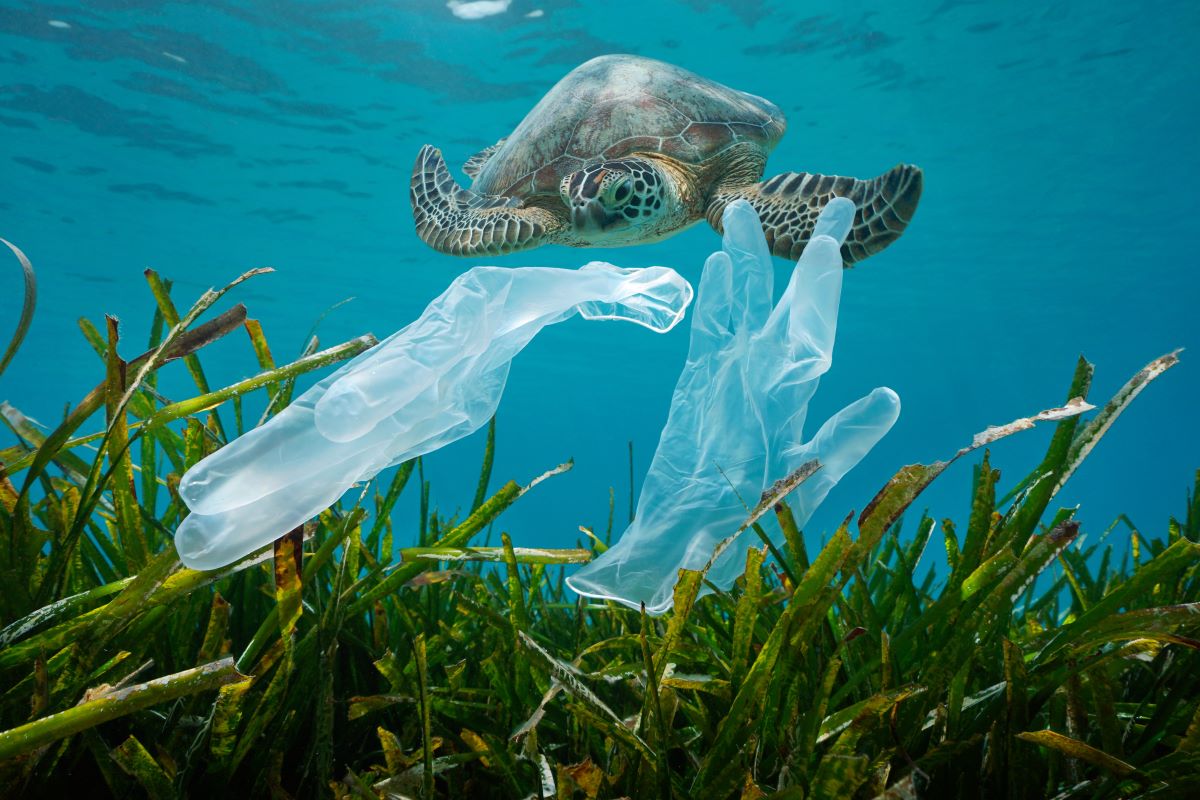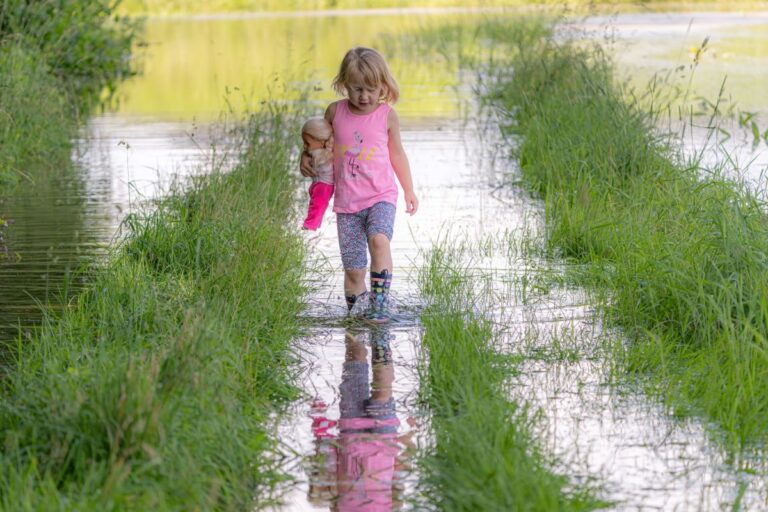21 Devastating Consequences of Plastics in Our Oceans
Plastic pollution in our oceans is a catastrophe unfolding in real time, with dire consequences that are only getting worse. Here’s why this crisis should keep you up at night.
1. Mass Marine Life Deaths
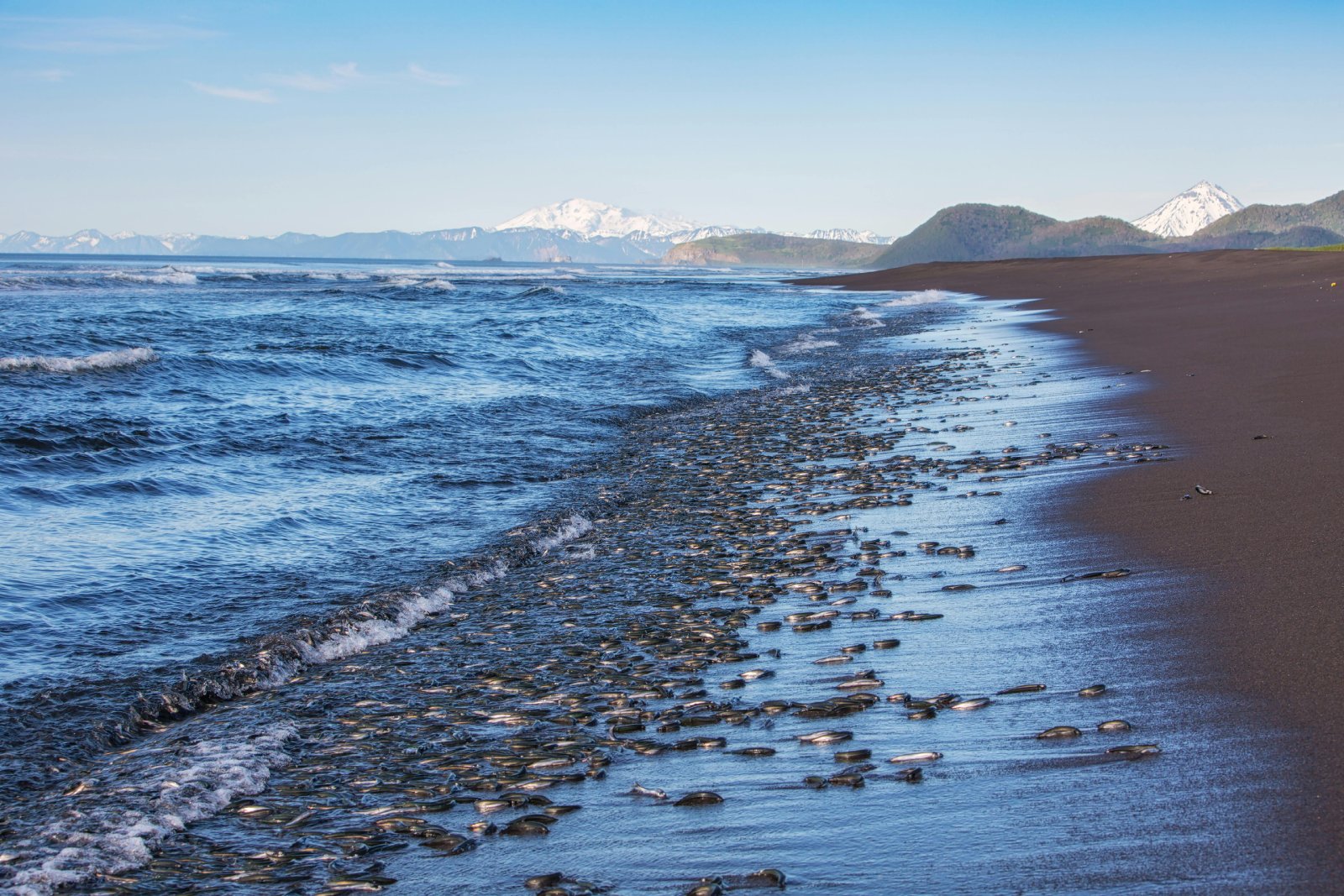
Over 100 million marine animals die each year from plastic waste. Turtles, for example, have a 50% mortality rate when they ingest plastic, mistaking it for food like jellyfish.
2. Toxic Food Chain
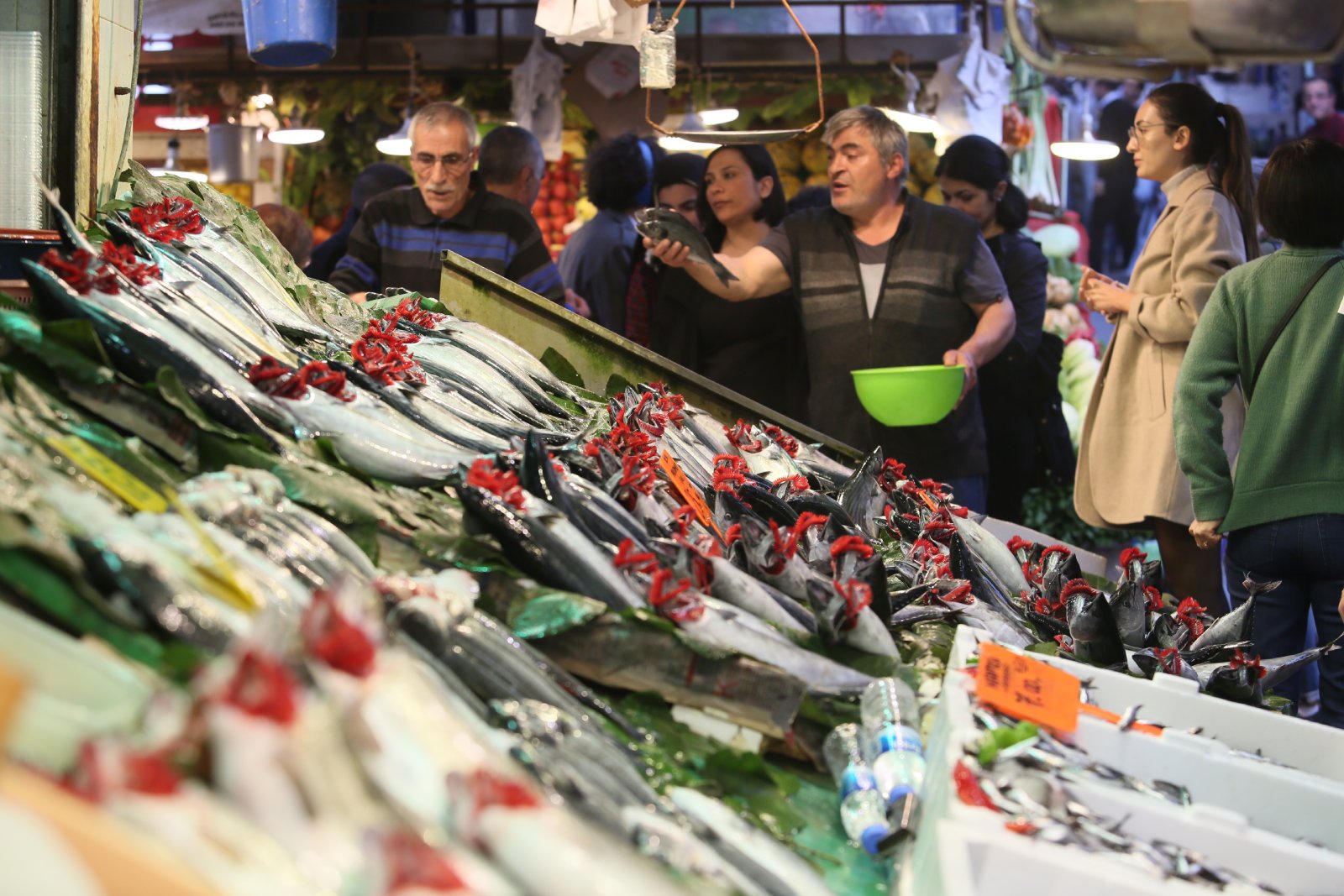
Microplastics are now found in 73% of fish in the North Atlantic. These plastics accumulate toxins that biomagnify up the food chain, ultimately poisoning the seafood on our plates with chemicals like DDT and PCB.
3. Destroyed Ecosystems
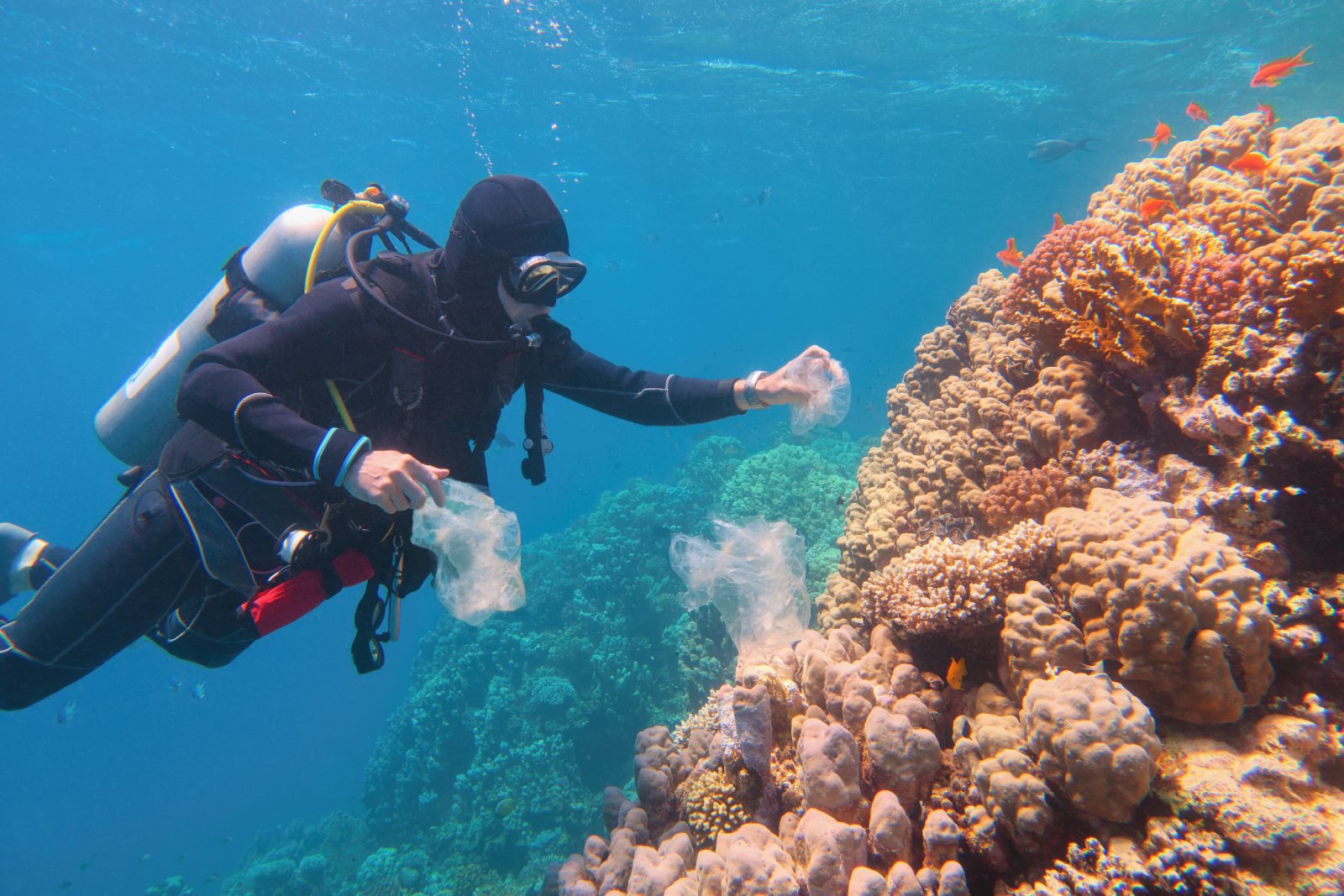
Coral reefs, which support 25% of marine life, are being smothered by plastic waste. Studies show that corals in contact with plastic have an 89% likelihood of disease.
4. Choking of Waterways
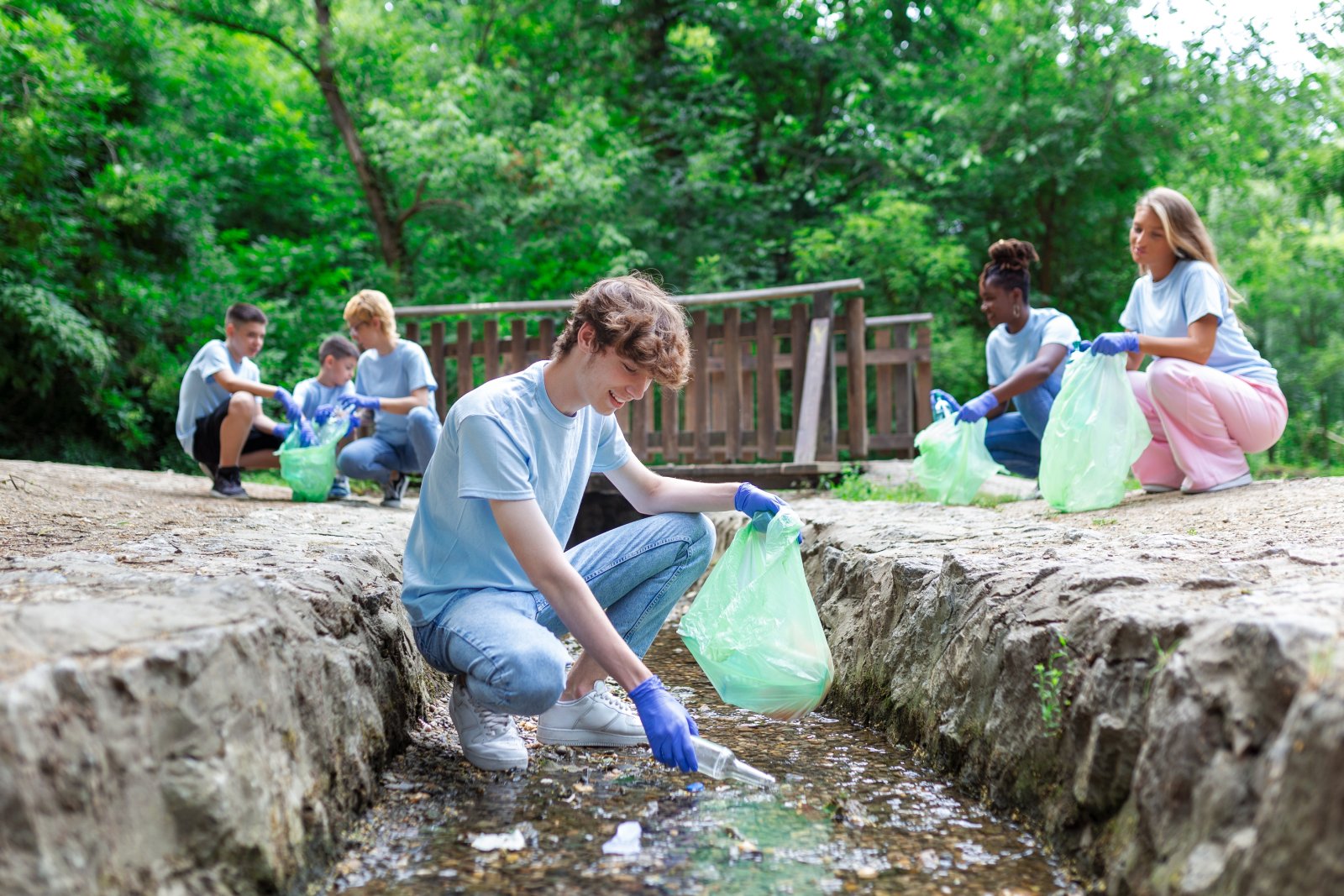
Plastics clog waterways, causing the deaths of millions of marine plants and animals and disrupting the balance of ecosystems that are crucial for the planet’s health.
5. Death of Seabirds
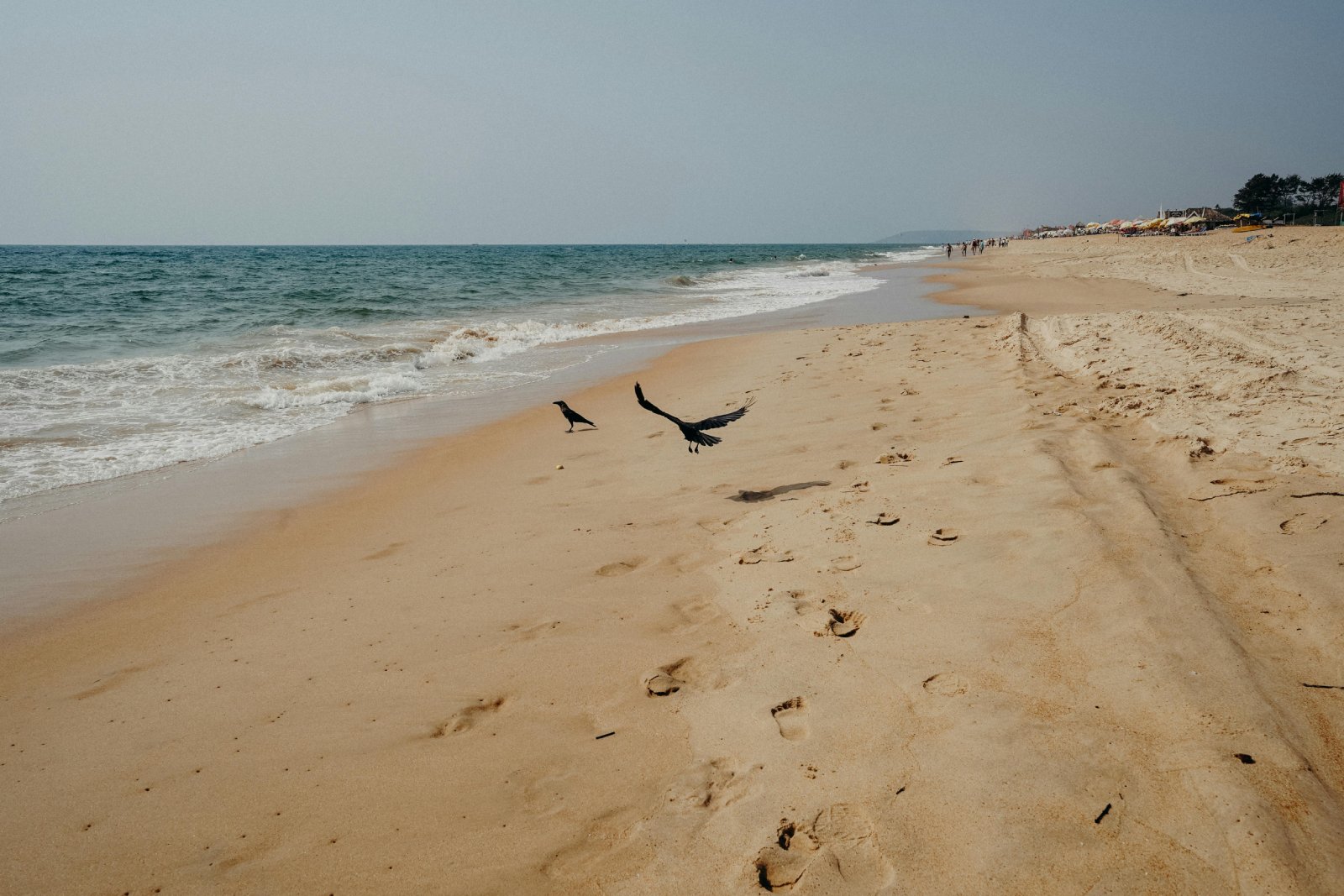
An estimated 1 million seabirds die each year from plastic ingestion. By 2050, it’s predicted that 99% of all seabird species will have ingested plastic.
6. Persistent Pollution
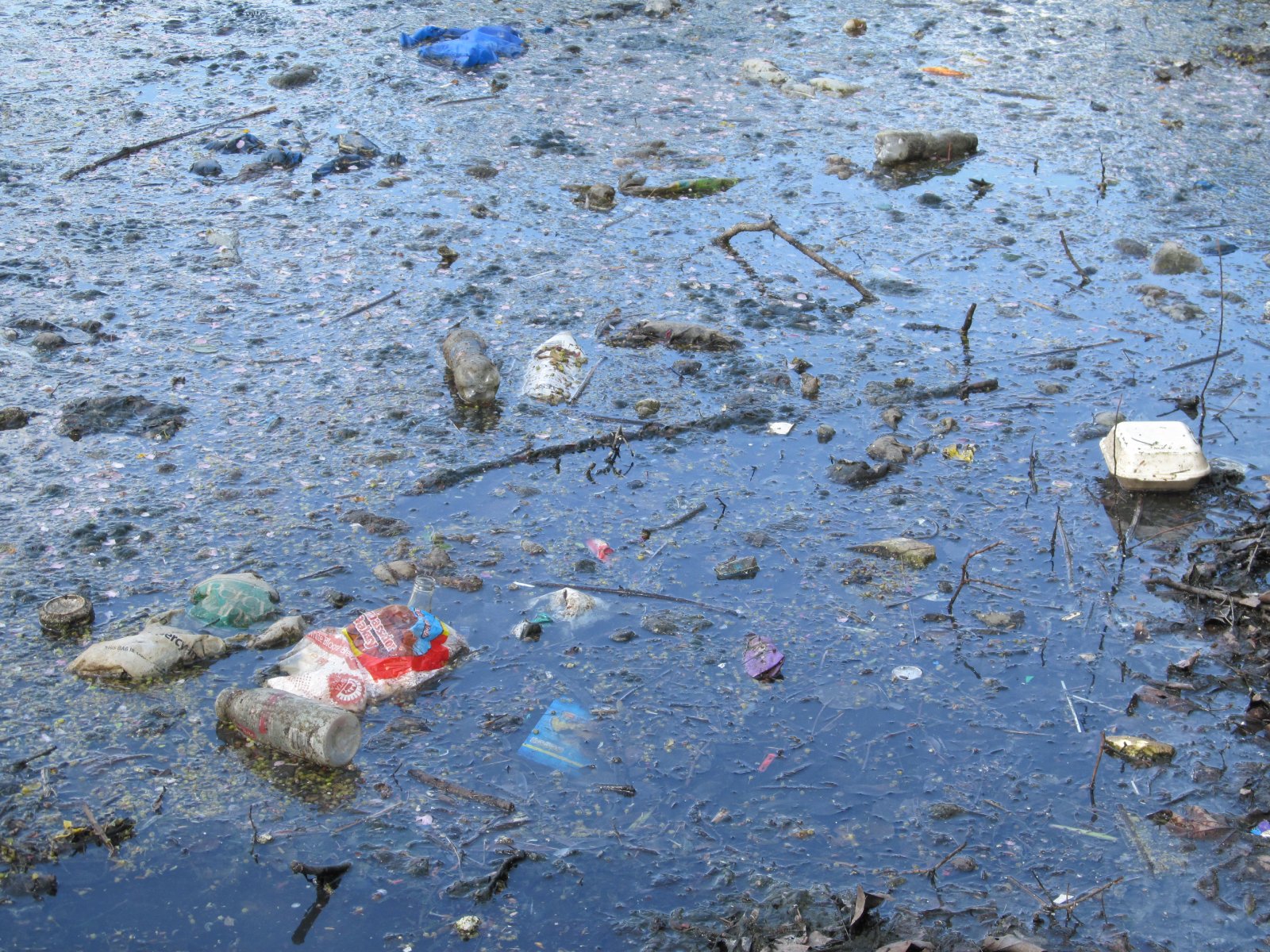
Plastics break down into microplastics, which remain in the environment for hundreds to thousands of years, continually harming marine and human life.
7. Poisonous Legacy
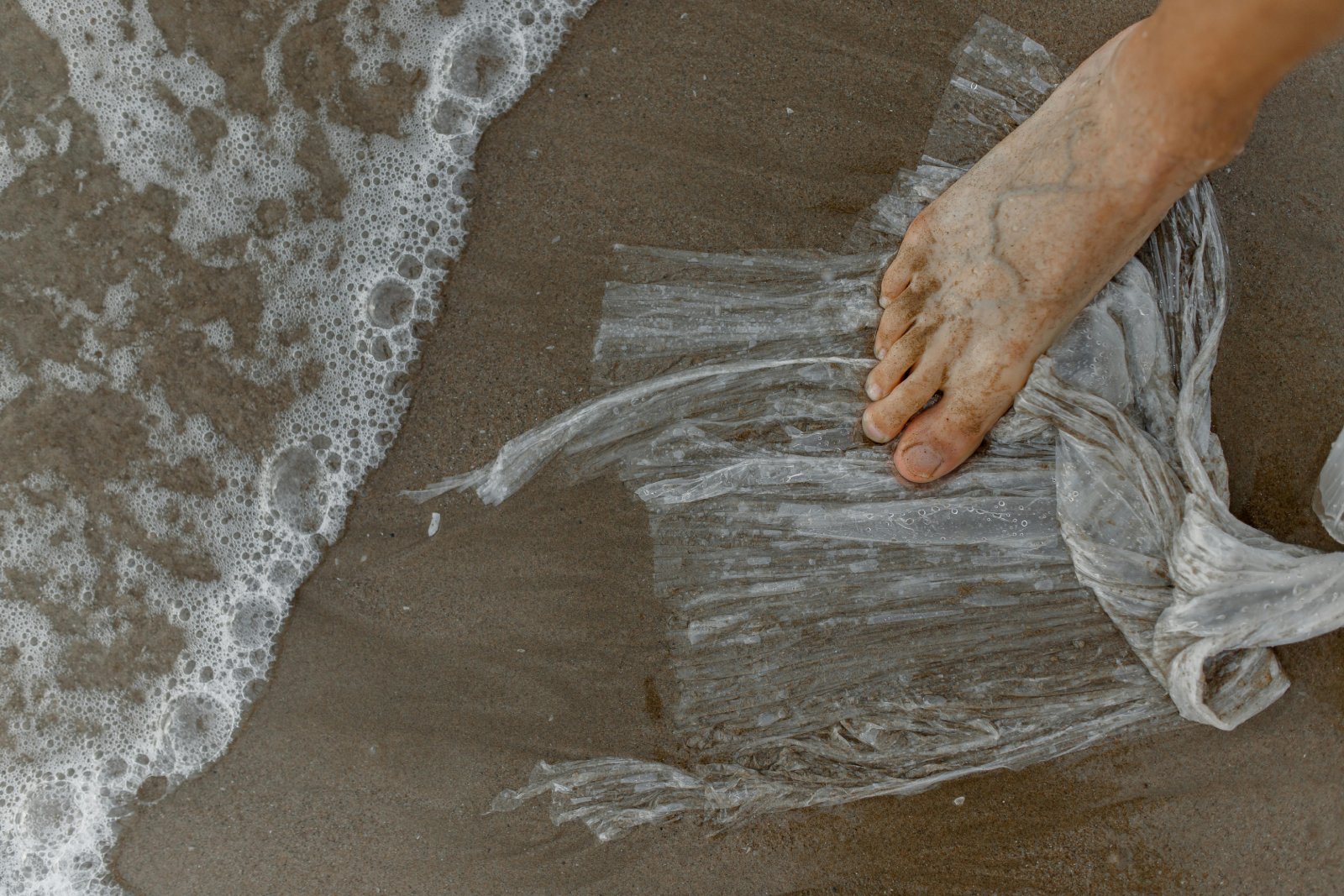
Plastics release harmful chemicals as they degrade, including bisphenol A (BPA) and phthalates, which disrupt hormonal systems and cause reproductive issues in marine organisms.
8. Invasion of Microplastics
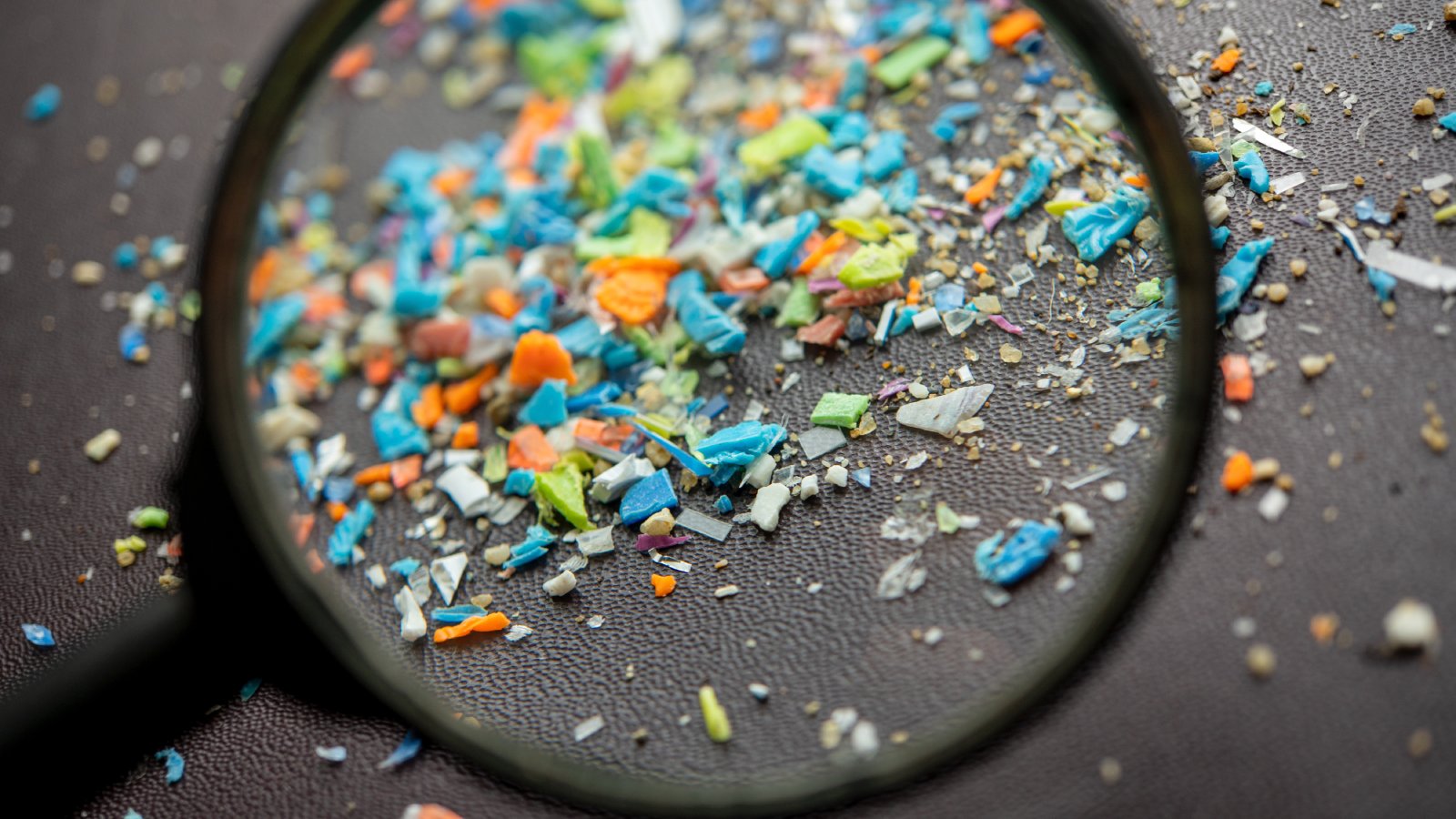
Microplastics are found in 94% of tap water in the United States and have infiltrated every part of the ocean, including the Arctic ice and the deepest ocean trenches.
9. Human Health Hazard
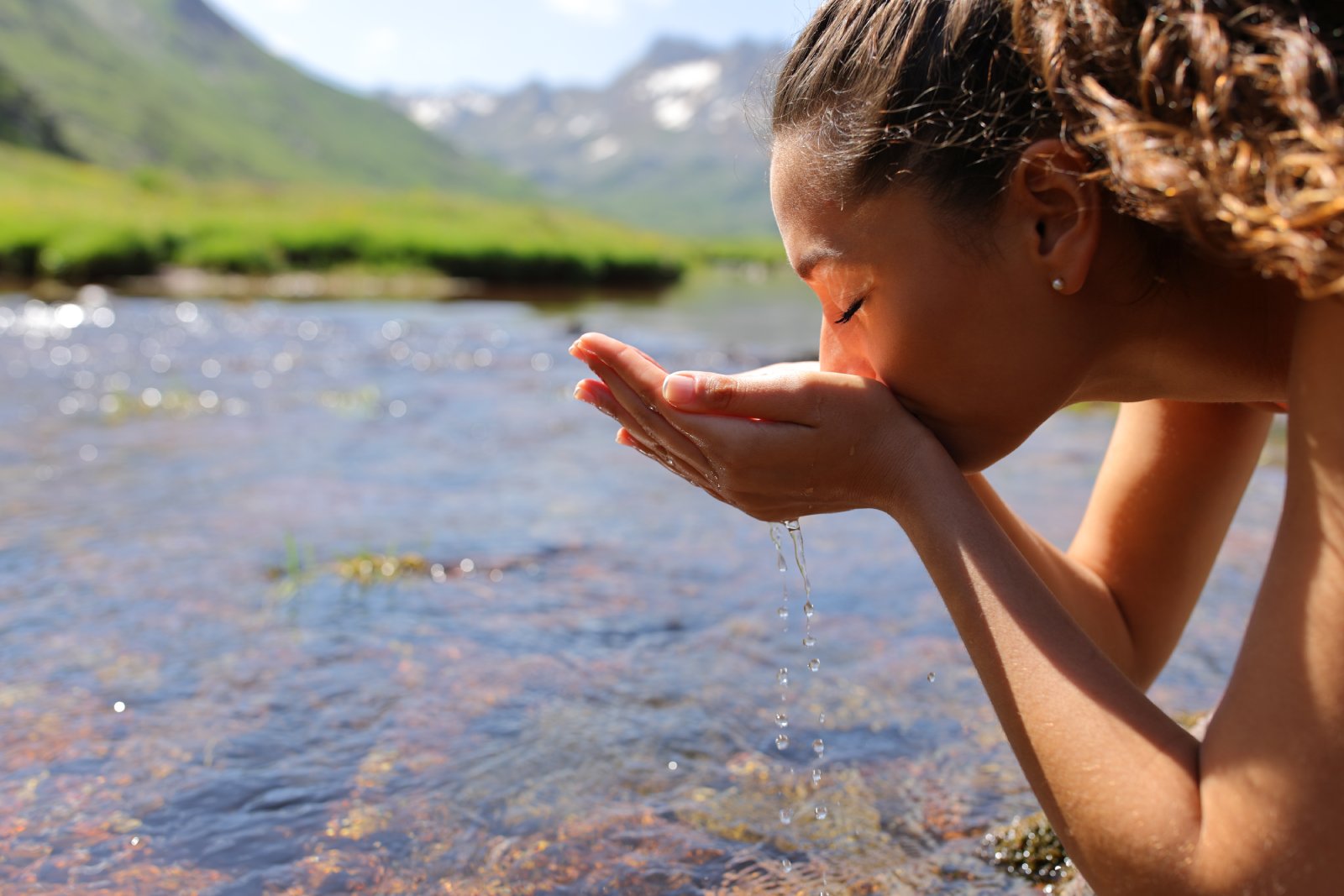
The average person consumes about 5 grams of plastic per week, equivalent to a credit card. These toxins pose significant health risks, including cancer, reproductive issues, and developmental problems.
10. Destruction of Tourist Destinations
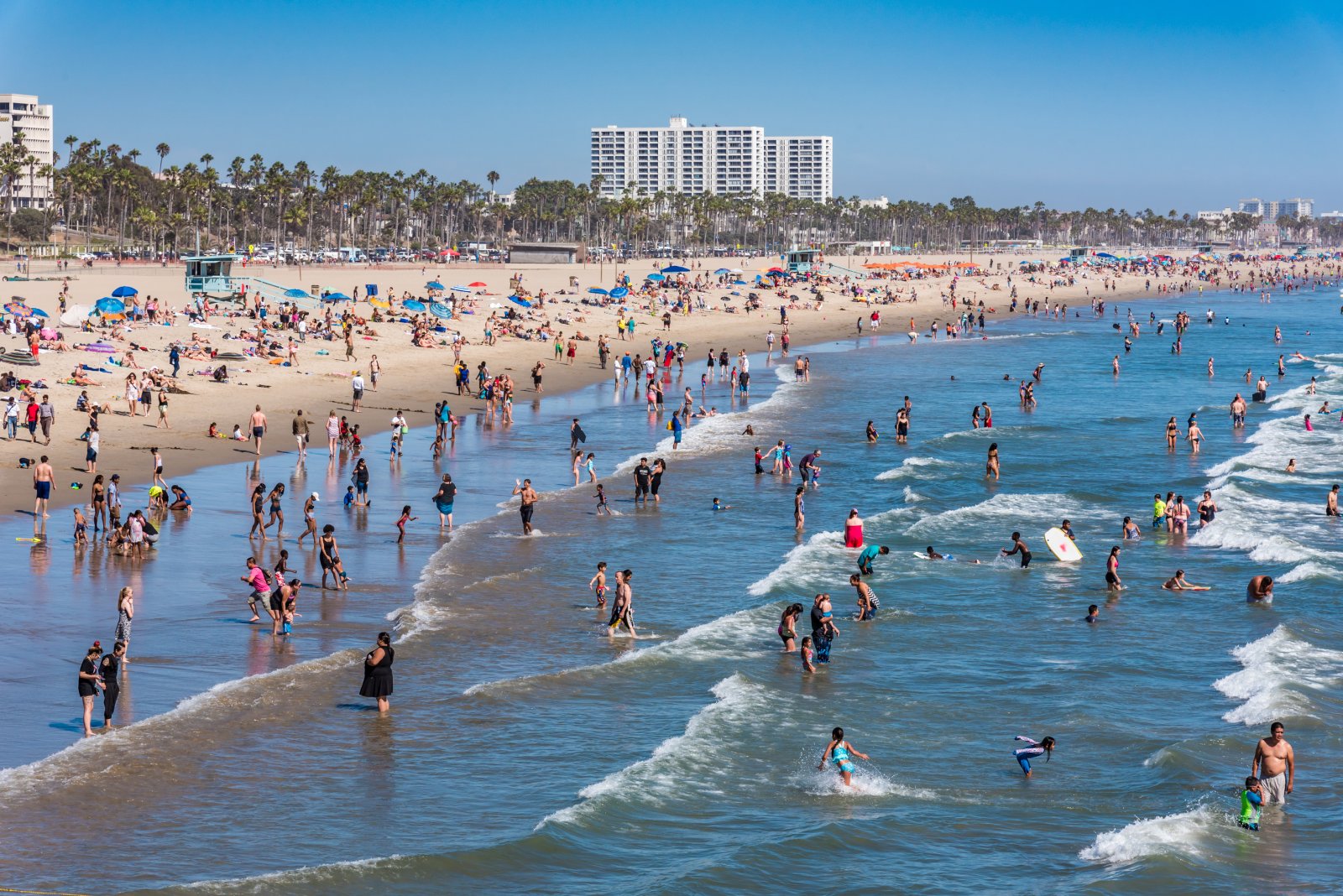
Plastic pollution is turning once pristine beaches into garbage dumps. The Great Pacific Garbage Patch, for instance, is now twice the size of Texas, devastating marine environments and economies reliant on tourism.
11. Economic Costs

The economic impact of plastic pollution is estimated to be $13 billion annually, encompassing cleanup efforts, losses to the fishing industry, and healthcare expenses related to plastic-related diseases.
12. Habitat Destruction
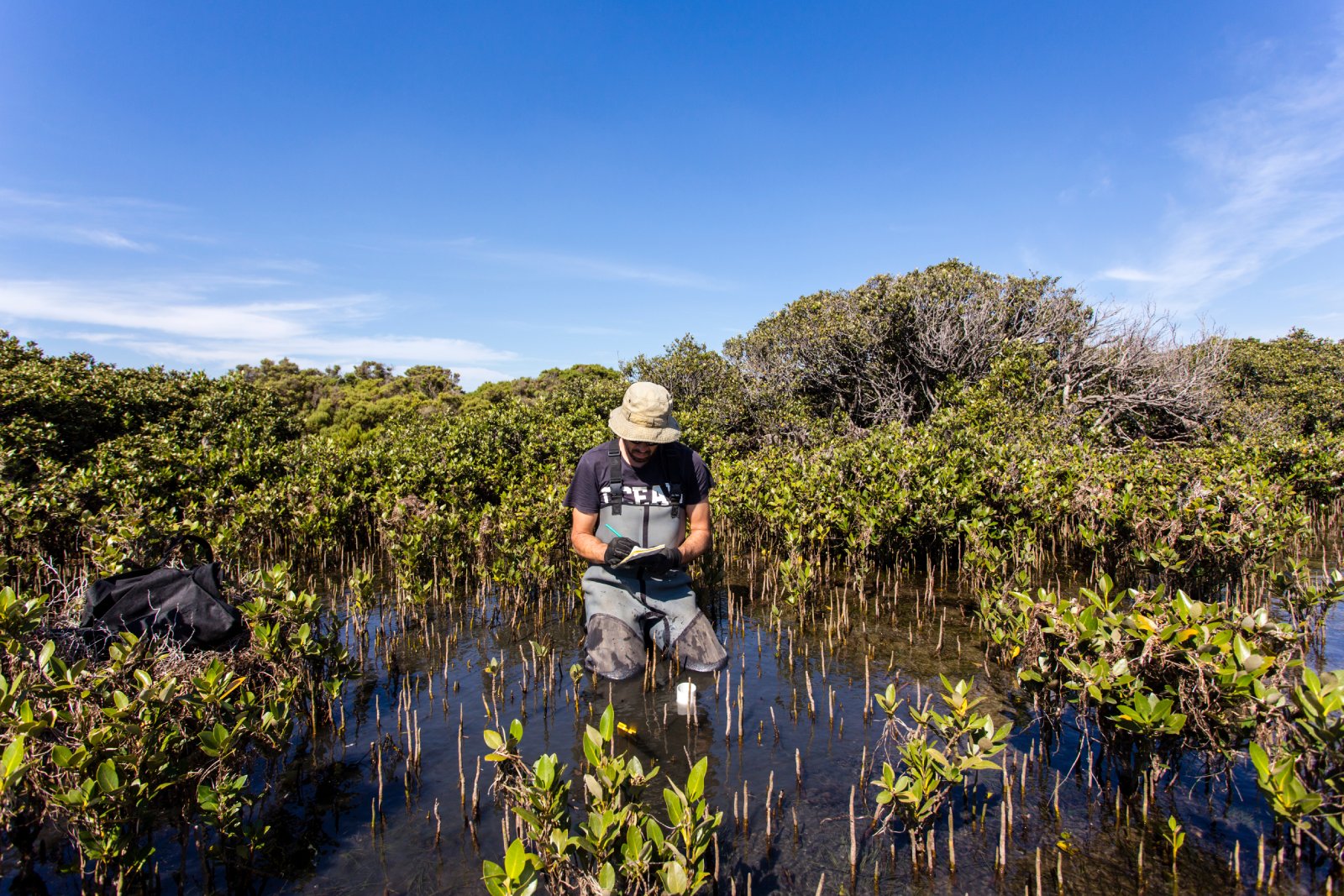
Plastic debris destroys critical habitats such as mangroves and seagrass beds, essential for the survival of many marine species. Loss of these habitats further accelerates the decline in marine biodiversity.
13. Impact on Marine Mammals

Over 45% of marine mammal species have been affected by plastic ingestion or entanglement. This results in severe injuries, infections, and death, causing population declines.
14. Ocean Acidification
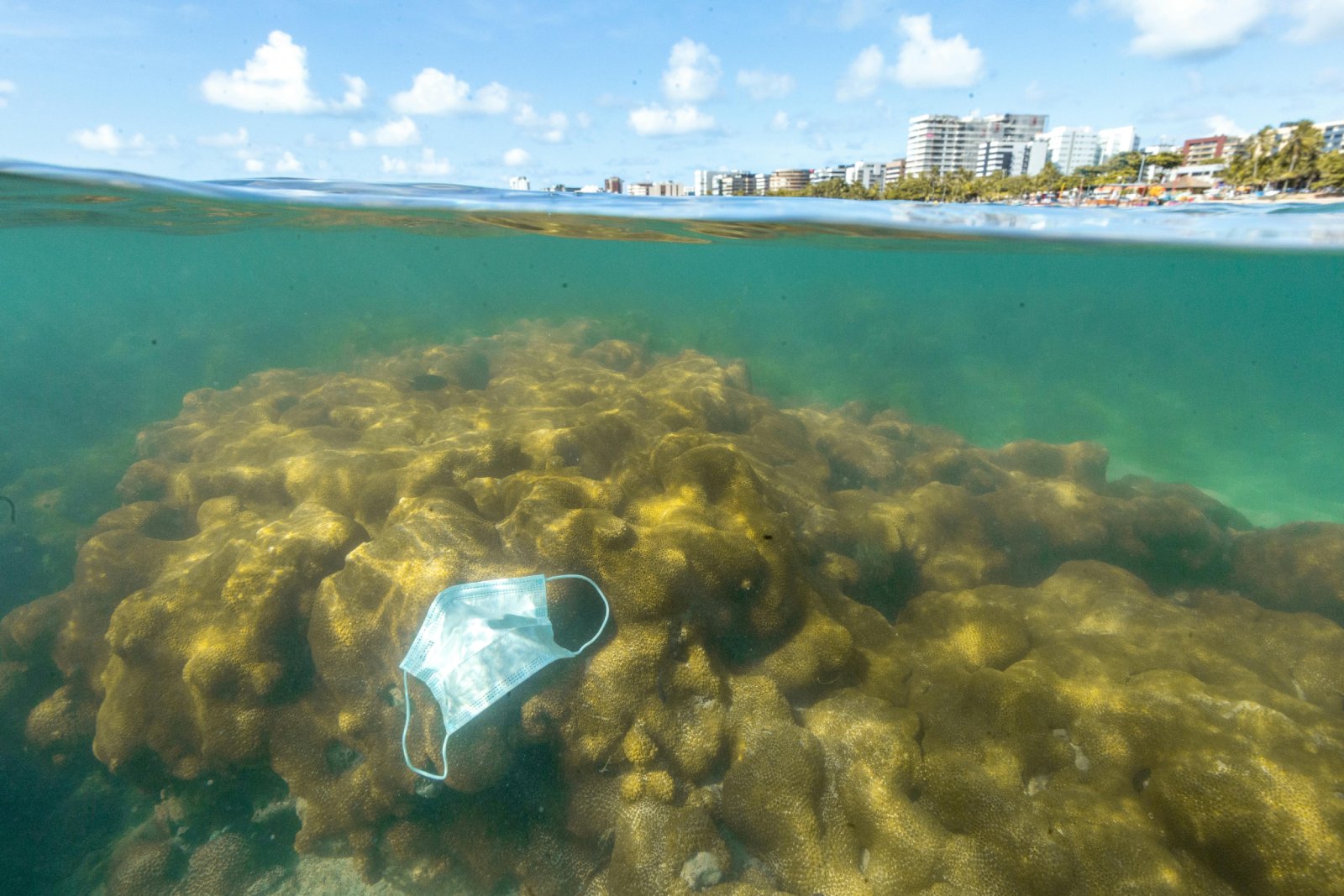
Plastic pollution exacerbates ocean acidification, which threatens marine life and the overall health of the oceans. This further disrupts the delicate balance of marine ecosystems.
15. Irreversible Damage
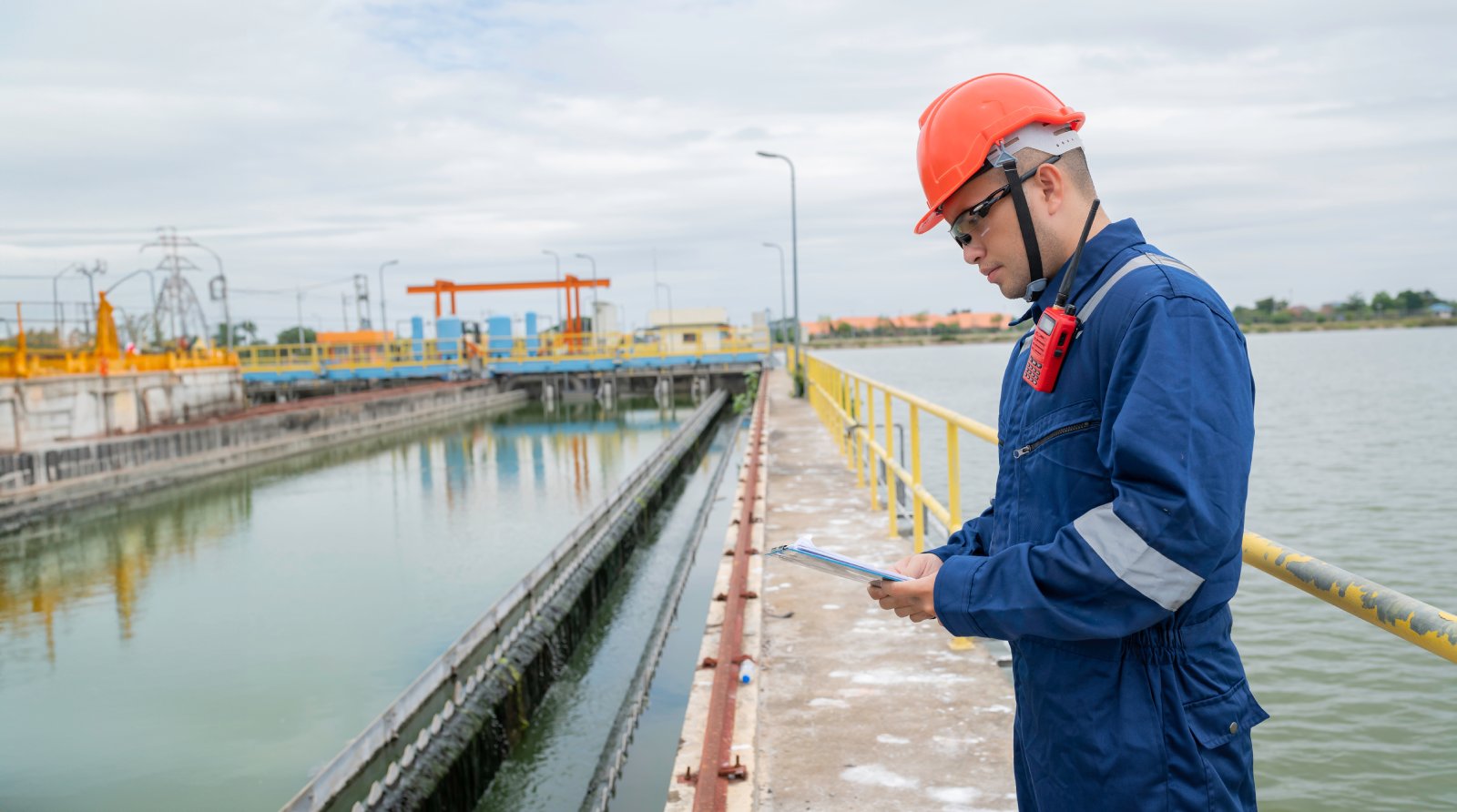
The damage caused by plastics in the ocean is often irreversible, with long-term consequences that could take centuries to repair, if at all. Entire species and ecosystems could be lost forever.
16. Harm to Fishing Industry
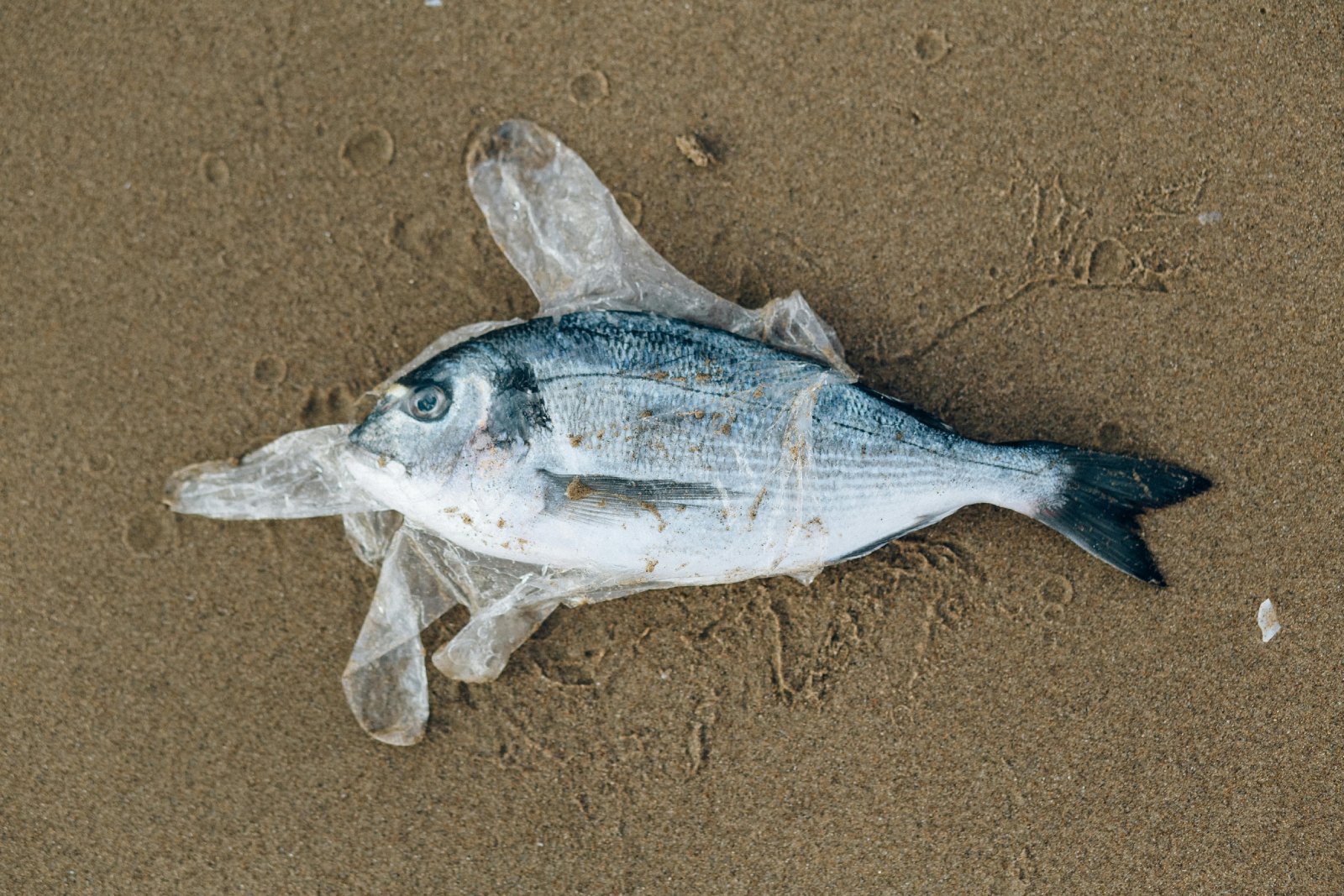
Plastic pollution has led to a 30% decline in fish populations in some areas due to ingestion and entanglement. This severely impacts the global fishing industry and food security, especially in coastal communities.
17. Loss of Biodiversity
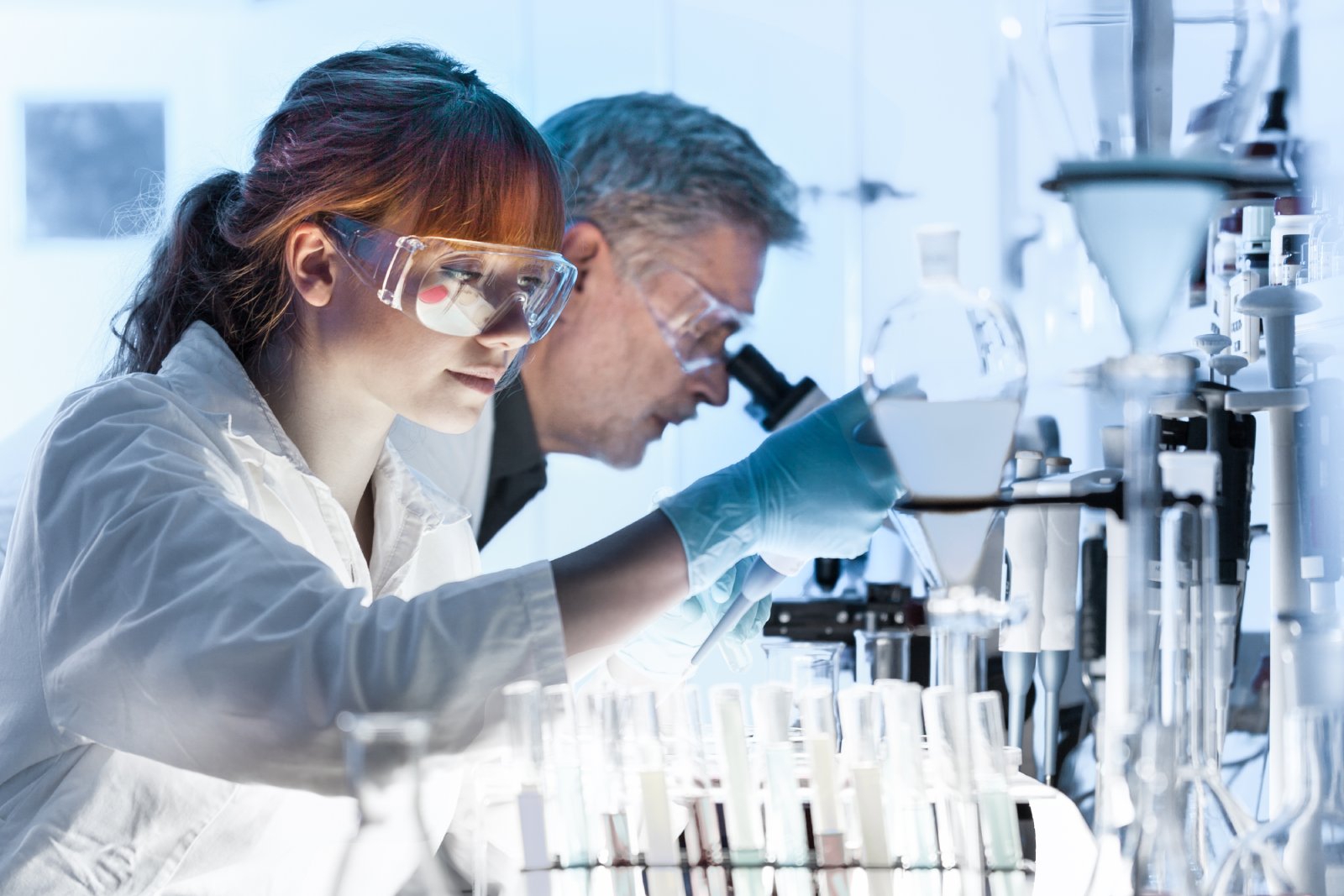
Plastic pollution is driving numerous marine species towards extinction. Scientists estimate that by 2050, the oceans could contain more plastic than fish by weight, leading to a significant loss of biodiversity.
18. Compromised Marine Research
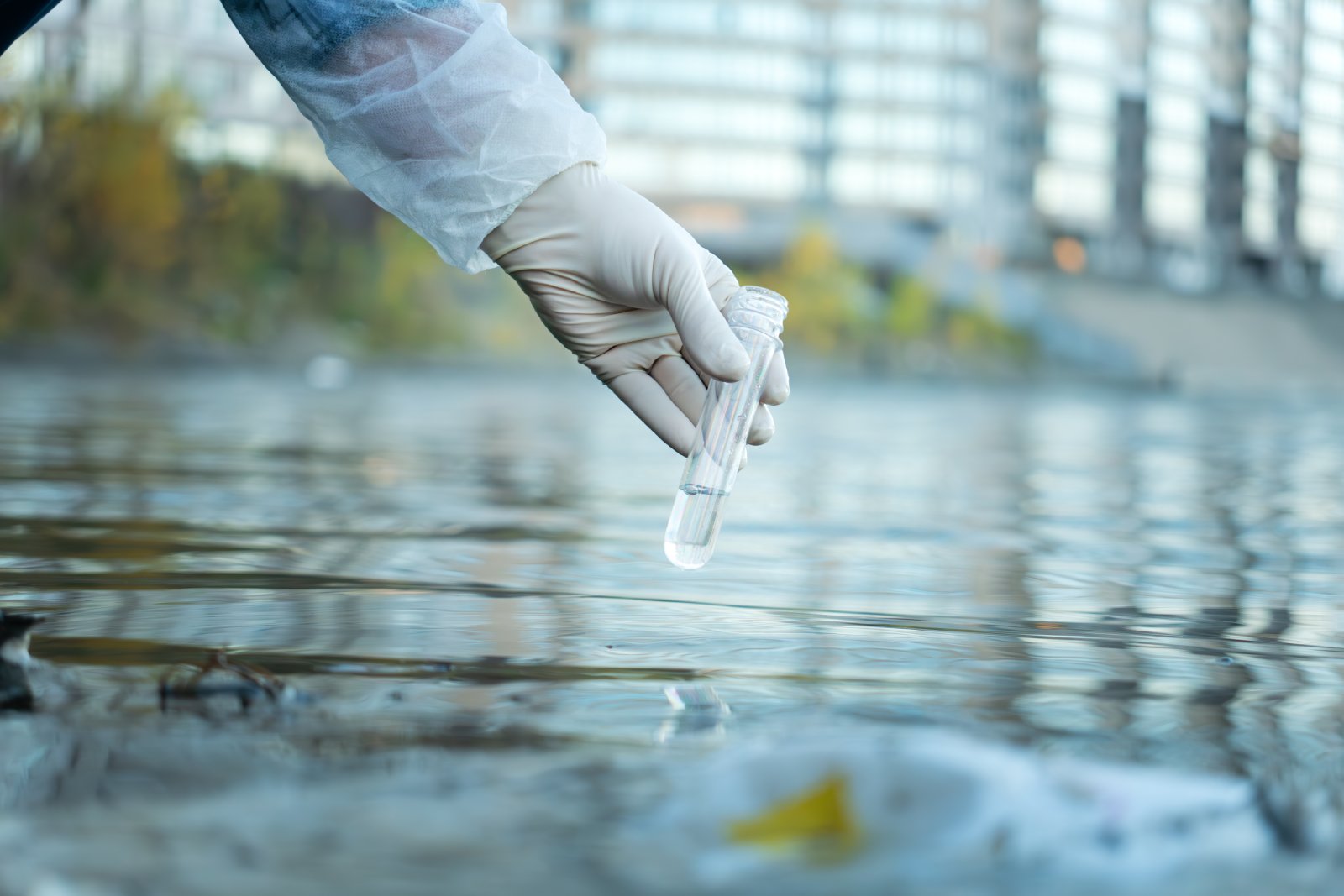
Plastics contaminate marine research samples, skewing data and hindering our understanding of ocean health and the impacts of climate change. This compromises efforts to develop effective conservation strategies.
19. Silent Suffocation
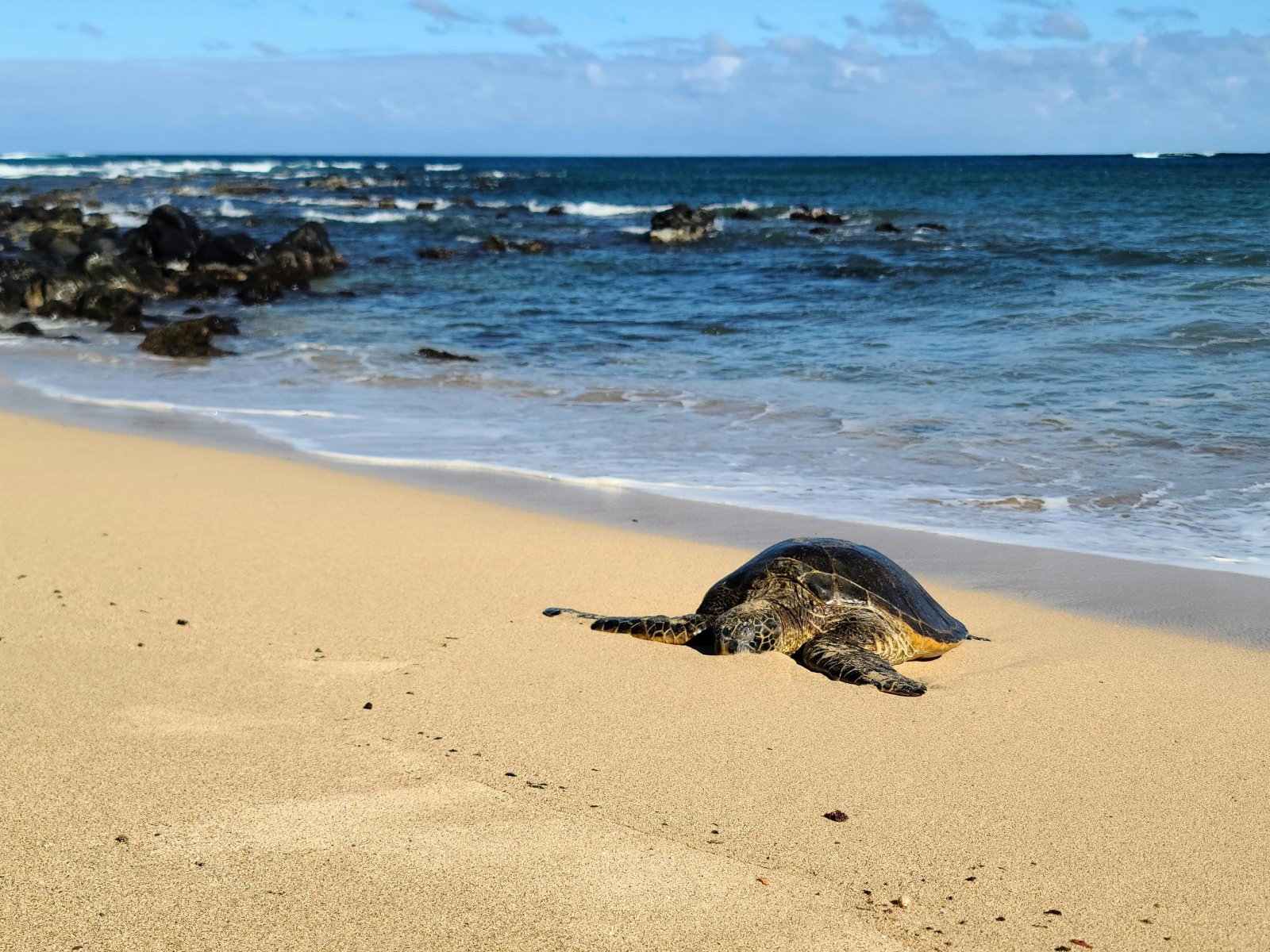
Plastic debris creates anoxic conditions (lack of oxygen) in marine environments, suffocating marine life and leading to dead zones where life cannot survive. Over 400 dead zones have already been identified globally.
20. Generation of Marine Debris
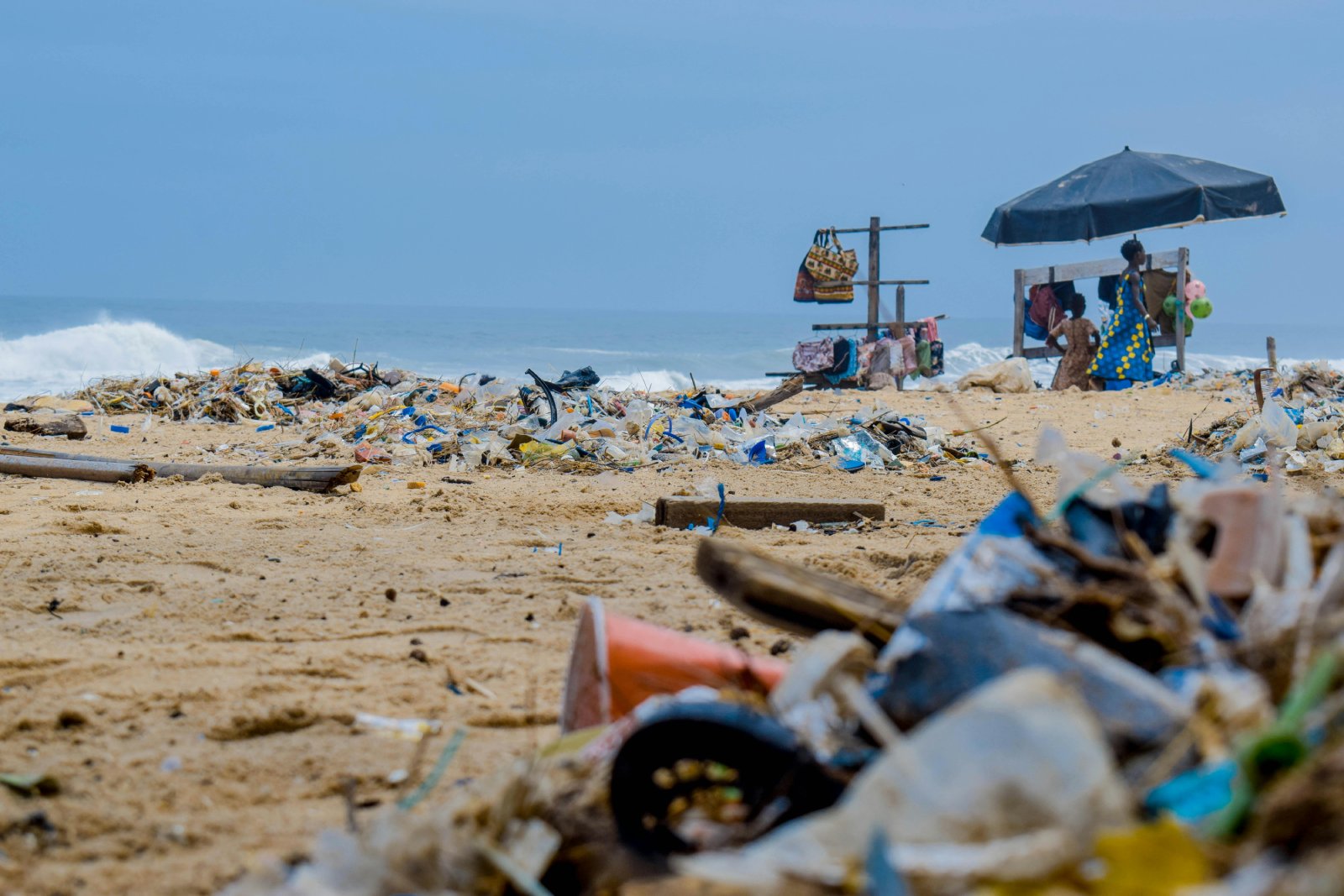
Every year, 8 million tons of new plastic waste enter the oceans, adding to the already insurmountable problem. This relentless influx makes clean-up efforts seem futile.
21. Future Generations’ Burden
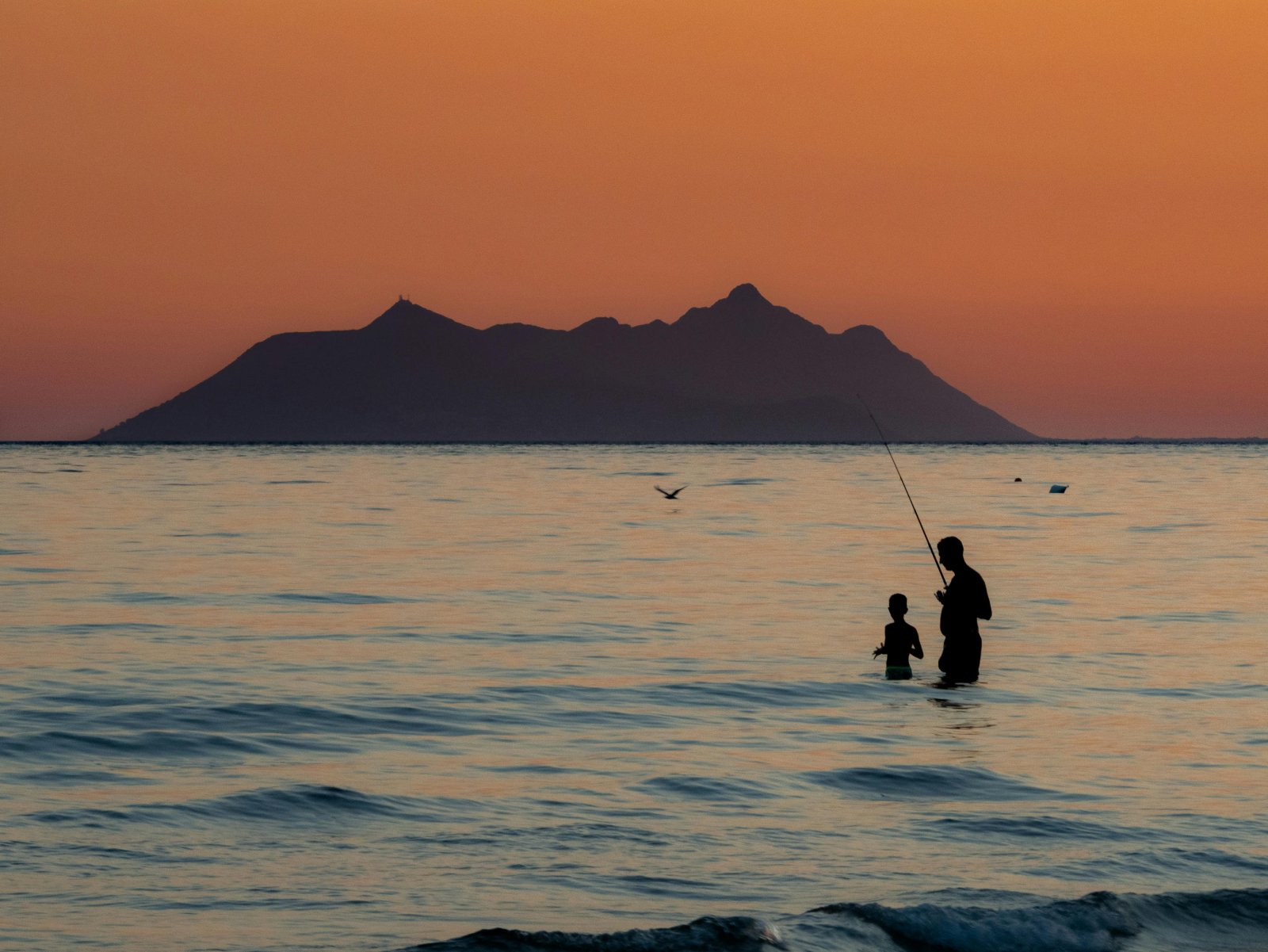
The legacy of our plastic use will haunt future generations, who will inherit a poisoned, depleted ocean struggling to sustain life. This environmental debt will be nearly impossible to repay.
A Dire Warning
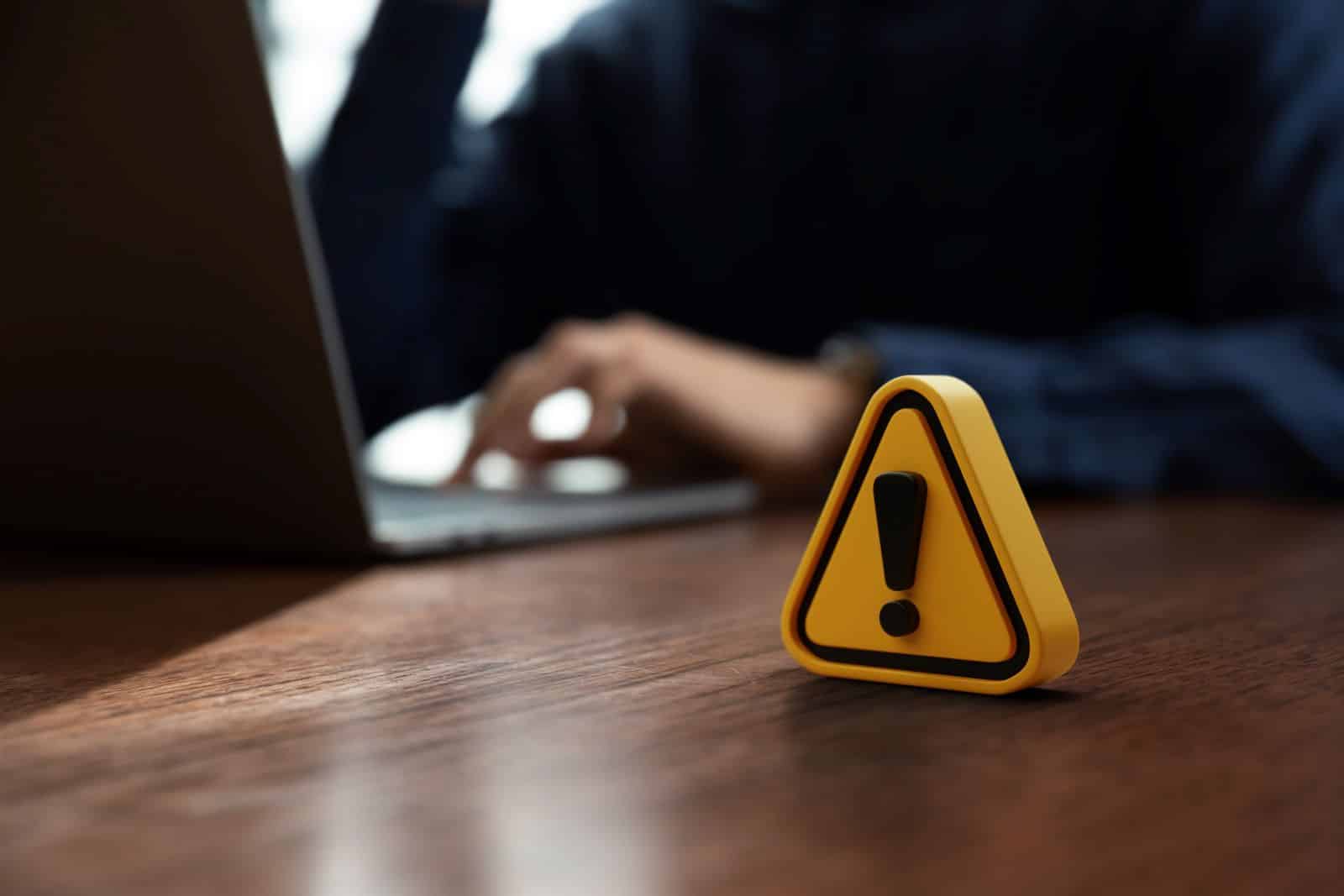
The plastic crisis in our oceans is a ticking time bomb with catastrophic consequences. Will we act decisively to avert this disaster, or will we allow our oceans to become lifeless wastelands? The time to act is now.
Toxic Talk: 21 Phrases to Never Say to Your Kids

Are you worried about the impact of your words on your child’s well-being? Let’s tackle 21 phrases that might be causing more harm than you realize. Toxic Talk: 21 Phrases to Never Say to Your Kids
Breaking Ties: Recognizing When It’s Time to Go No-Contact with Parents

Deciding to go no-contact with a parent is a profound, often painful choice, but sometimes it’s necessary for personal well-being. Are you grappling with the decision to distance yourself from a toxic parental relationship? Breaking Ties: Recognizing When It’s Time to Go No-Contact with Parents
Stop the Stereotypes: 20 Gender-Based Comments Kids Don’t Need

It’s time to challenge traditional narratives that limit kids’ potential. Here are gender-specific phrases and ideas to avoid, fostering a supportive and open-minded environment for the next generation. Stop the Stereotypes: 20 Gender-Based Comments Kids Don’t Need
Featured Image Credit: Shutterstock / Damsea.
For transparency, this content was partly developed with AI assistance and carefully curated by an experienced editor to be informative and ensure accuracy.

